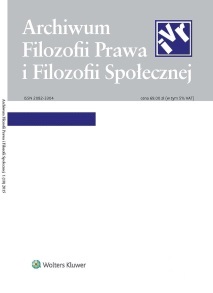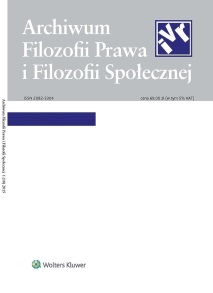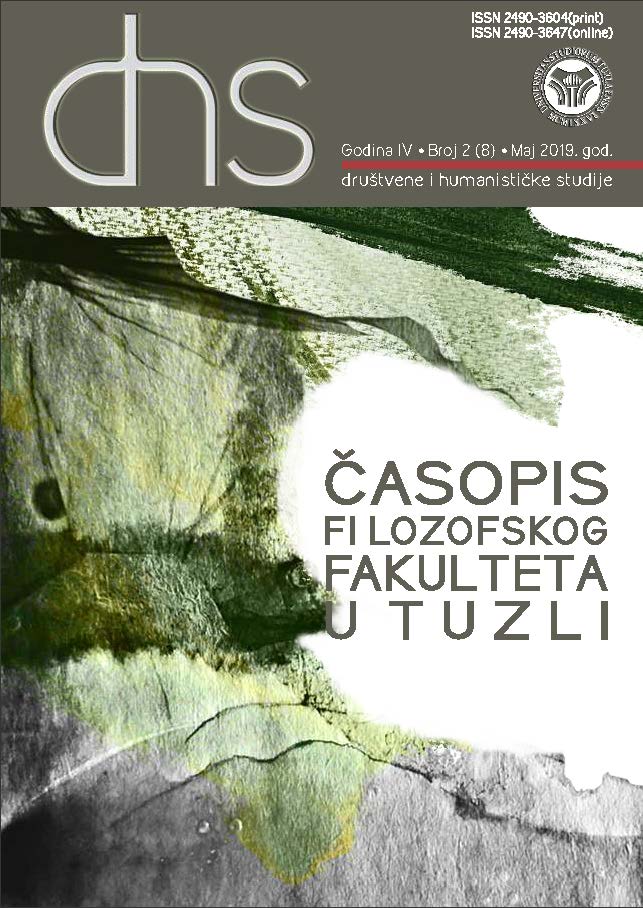Author(s): Costas Douzinas / Language(s): Polish
Issue: 1/2014
General jurisprudence is a type of thinking about law and the social bond developed by British critical legal scholars. Returning to the classical concerns of (legal) philosophy, it examines the legal aspects of social reproduction both inside and outside state law, treating posited law as a part of wider legality. It brings back to the centre the aesthetic, ethical and material aspects of legality, as well as includes the political economy of law, the legal constructions of subjectivity and the ways in which gender, race or sexuality create forms of identity both disciplining bodies and offering sites of resistance. The British Critical Legal Conference (CLC) is a school of thought committed to a plurality of theoretical approaches to law and to radical politics. The first CLC took place in 1985 and has taken place annually without interruption since. The CLC has introduced a number of themes, approaches and strategies unknown or dismissed by mainstream scholarship, including semiotics, rhetoric, literature, aesthetics and psychoanalysis. A variety of critical schools, such as postmodernism, phenomenology, postcolonialism, critical race, feminism, queer theory, art theory and history, the ethics of otherness, the ontology of plural singularity, the critique of biopolitics and post–politics have been pioneered in the CLC.
More...







